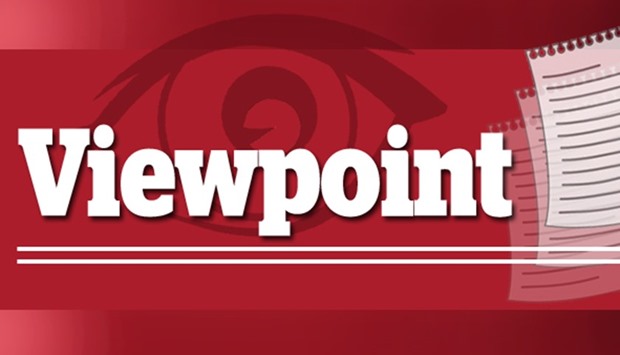At each other’s throats for two decades, militants of Venezuela’s socialist state and opposition seldom agree on anything.
Yet mention the name of presidential candidate Henri Falcon, and both are liable to spit.
“Traitor!” cry socialist stalwarts, who cannot forgive the former state governor for breaking with their beloved late leader Hugo Chavez in 2010.
“Chavista lite!” say opposition radicals, always suspicious that Falcon came into their ranks as a Trojan horse.
Now that the 56-year-old former soldier is running for president in a May 20 vote, both groups are united in scoffing at his chances.
After all, Falcon is up against not just a powerful President Nicolas Maduro but also an election system widely considered unfair and an opposition boycott that will deprive him of votes.
And yet, a clutch of opinion polls show Falcon ahead, bolstering his campaign mantra that he is a natural transition candidate with appeal to a moderate majority fed up with political polarisation and economic chaos.
Widely-followed pollster Datanalisis, for example, put him more than 10 percentage points ahead in voter intentions.
“This government is finished,” Falcon said, noting how few governments in history had survived hyper-inflation and economic chaos like Venezuela’s current crisis.
Opinion surveys in Venezuela are often divergent, politicised and misleading in hindsight.
But Falcon, his campaign team and some pundits think he may be able to create an avalanche as the campaign gets underway.
“If we really unite, get organised, construct a single narrative, and instead of discouraging people by asking them to abstain, we call them to vote, there’s no way this government can beat us,” said Falcon.
Despite such optimism and Maduro’s unpopularity on the streets, there appear to be plenty of ways for the government to assure victory.
It is ratcheting up welfare handouts and pressure on state workers, has skillfully fomented divisions within the opposition, barred Maduro’s two main rivals from standing, brazenly uses state resources in its campaigns, and benefits from a compliant election board.
The board’s head, Tibisay Lucena, is on US, EU and Canadian sanctions lists accused of violating democracy.
Even its chosen vote machine operator, UK-based Smartmatic, accused her institution of fraud in a vote last year.
“Though Falcon is twice as popular as Maduro and could beat him in a competitive race, the 20 May vote will not be competitive,” wrote Eurasia consultancy.
In line with his promise of a government of “national unity”, Falcon is reaching out to opposition leaders like former presidential candidate Henrique Capriles to relax the boycott and join his campaign.
He has picked a Wall Street bank analyst, Francisco Rodriguez, to head his economic team.
And in a nod to his former allies in the ruling “Chavismo” movement and a signal to the armed forces that they need not fear him, Falcon may keep Defence Minister Vladimir Padrino should he win, a campaign aide said.
But to win, Falcon needs to convince voters in places like La Vega, a poor hillside ‘barrio’ of Caracas that is a traditional ‘Chavista’ stronghold.
At a bread shop there, chatter revolved around impossibly high food prices and the growing migration of Venezuelans to Colombia.
There was next to no enthusiasm either for Falcon or Maduro.

Maduro challenger shakes up Venezuela’s presidential vote
